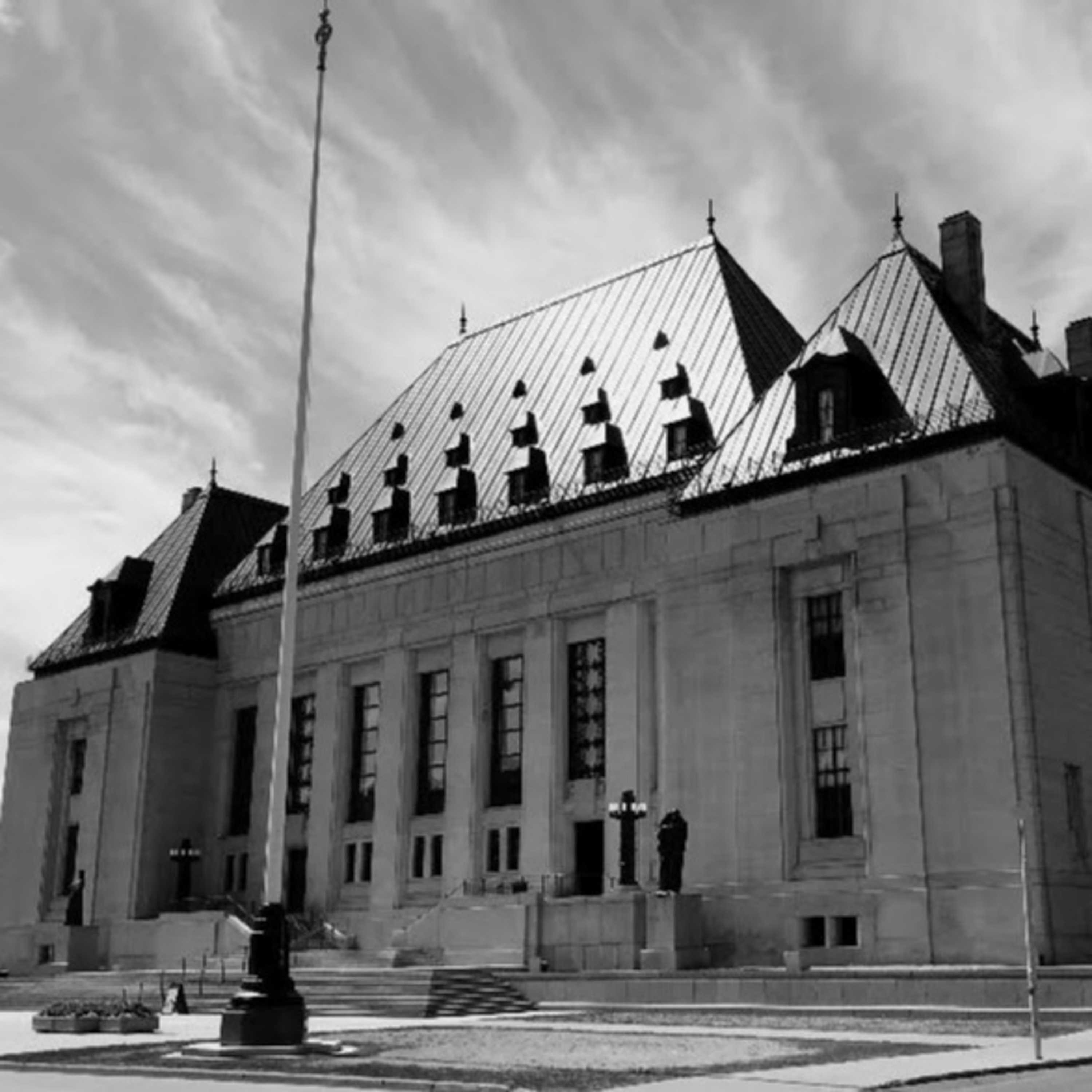Emanuel Kahsai v. His Majesty the King (40044)
At trial, the appellant was convicted by a jury of two counts of first degree murder. The appellant had refused to retain counsel subsequent to the preliminary inquiry and was adamant that he wanted to represent himself. Two separate amicus curiae were appointed to assist the court at different times; however, he refused to co-operate with either. The appellant appealed the convictions and alleged that the perceived fairness of the proceedings had been tainted due to the trial judge’s failure to appoint a partisan amicus curiae at an early stage of proceedings, with instructions to take on the key responsibilities of defence counsel. A majority of the Court of Appeal of Alberta found that there was no trial unfairness arising from the role of the amicus curiae in this case, and dismissed the appeal. It held that the appellant made the full answer and defence he wanted to. In dissent, O’Ferrall J.A. found that there was a miscarriage of justice. He would have allowed the appeal and ordered a new trial at which the appellant would be represented by defence counsel or an amicus curiae conferred with sufficient authority to advocate on his behalf, independent of the appellant’s wishes.
Argued Date
2023-03-14
Keywords
Criminal law - Trial - Criminal law — Trial — Appointment of amicus curiae — Role of amicus curiae — Self-represented accused — Trial fairness — Did the trial judge’s failure to appoint amicus curiae with a sufficient adversarial mandate result in a miscarriage of justice.
Notes
(Alberta) (Criminal) (As of Right)
Disclaimers
This podcast is created as a public service to promote public access and awareness of the workings of Canada's highest court. It is not affiliated with or endorsed by the Court. The original version of this hearing may be found on the Supreme Court of Canada's website. The above case summary was prepared by the Office of the Registrar of the Supreme Court of Canada (Law Branch).
